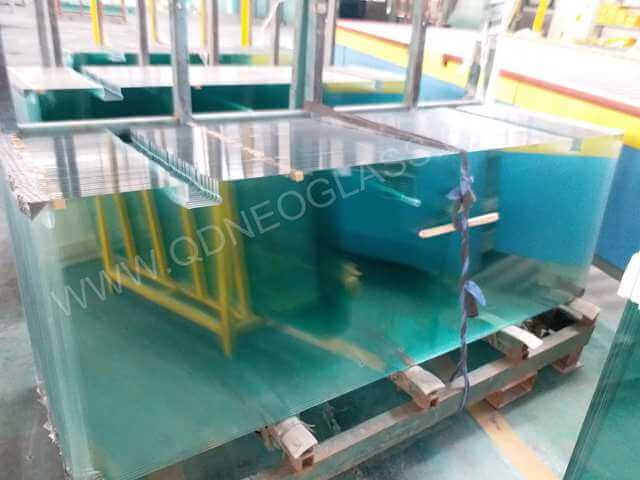Post Time:Dec 23,2017Classify:VIP NewsView:1027

In an announcement that sparked fears over the future of glass containers, September 2014 saw milk processor, Dairy Crest, announce plans to phase out glass bottles over the next two years in favour of plastic ones.
However, while the humble milk bottle may become a thing of the past, this doesn't reflect the industry as a whole. The UK glass market actually recorded increased production figures of 2.8 per cent in the first six months of 2014, with growth looking set to continue as consumers become more aware of the health benefits associated with glass.
Recent research by The European Glass Container Federation (FEVE) suggests that health and safety concerns are the driving force behind the resurgence of glass packaging among European consumers, with a massive 87 per cent indicating that glass is their preferred choice of packaging.
On a global scale, the market for glass packaging is thriving due to increased demand for greener sustainable packaging solutions. Unlike plastic, glass is infinitely recyclable and does not need a petroleum-based plastic layer or other chemical additives to preserve the taste of foods and beverages, prevent corrosion or decrease gas permeability. In the EU alone, over 70 per cent of all glass bottles produced are recycled, saving 1.2 tonnes of raw materials and avoiding 60 per cent of carbon dioxide emissions.
Further support for the glass industry is being garnered by various international governments. For example, India is officially recognising the health benefits that glass offers and banning manufacturers of pharmaceutical products from using PET as the primary packaging material for liquid oral drugs meant for paediatric and geriatric use, women of a reproductive age and expectant mothers.
When it comes to the environment, the ongoing debate around the circular economy and packaging indicates that, while still considered detrimental to many non-glass packaging businesses, it's something that the glass industry has been doing very well for many years.
Despite the fact that glass bottles are 30 per cent lighter than they were 20 years ago, the weight of the final products and associated transportation costs may be seen as a reason to opt for plastic packaging. However, it is imperative that the packaging industry takes into account the entire lifecycle of a container and the environmental consequences of its manufacture, rather than focusing on just one area of the entire process.
Source: www.encirc-glass.comAuthor: Fiacre ODonnell
PrevPrice of Shahe Jiahui Float Glass on December 23rd, 2017
Şişecam Science and Technology Center Receives Intellectual Property Competence Award Next